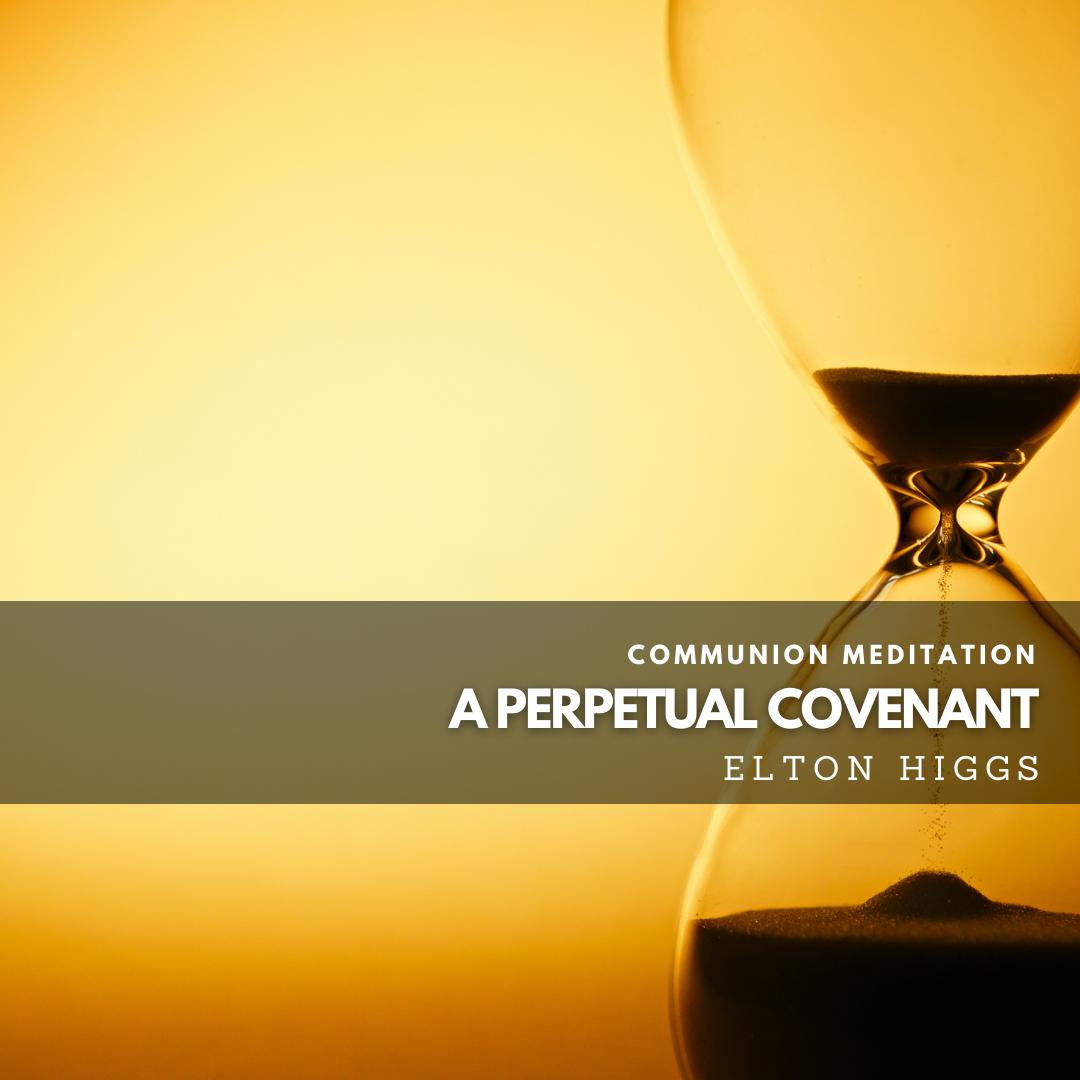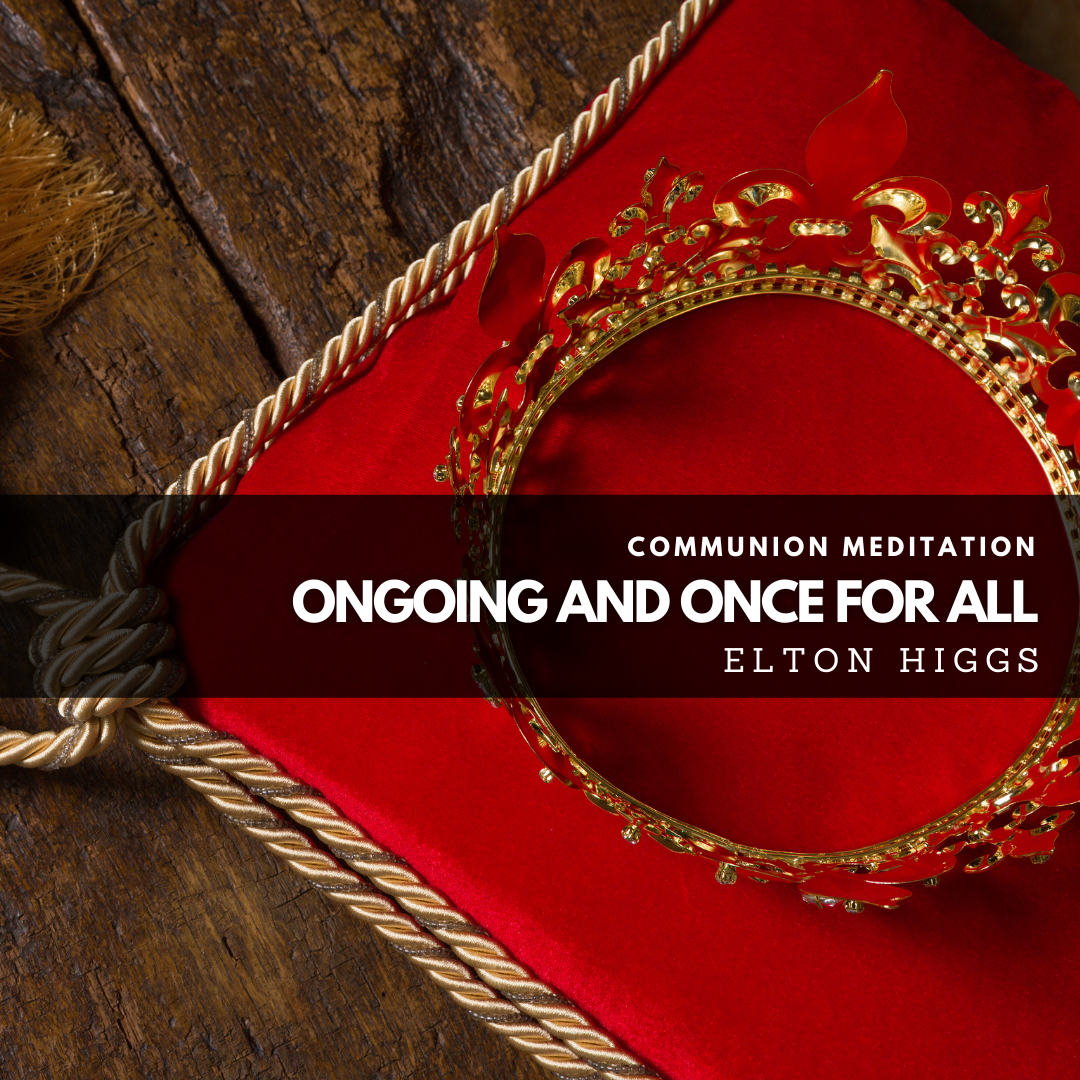Full of Grace and Truth
/A lie is the truth! So seems postmodernist verbal sleight-of-hand. Postmodernism can be tied to a number of intellectual trends, from a denial of any normative overarching metanarrative to the relativity of truth, but most postmodernists assume with ancient Greek philosopher Protagoras that “Man is the measure of all things” and that we humans are the sole source of meaning, morality, and “truth.”[1] Postmodern philosophy constructs “truth” unconnected to any referent in objective reality “out there.” As the godfather of postmodernism, Friedrich Nietzsche, said, we create truth from out of the perspective of our perceived need, in our contemporary world, out of marginalization, powerlessness, racial, gender, or sexual oppression.[2]
The unfitness and insufficiency of the postmodern rhetoric to account satisfactorily and do justice to the way things are was vividly lit up for me in the Johnny Depp v. Amber Heard defamation trial last spring 2022. The celebrity trial fascinated millions of people worldwide. Depp contended that Heard damaged his reputation by declaring through various public media sources that he had committed domestic violence against her and physically and sexually abused her. Amber’s statements under oath highlight for me the postmodern proclivity to use objectively false “true-for-me” statements as authentic, legitimate, moral speech protesting exploitation and abuse of an oppressed class—in this case, a woman Amber Heard.
Ms. Heard spoke as a vulnerable woman oppressed by a rich, violent man. In the Virginia court of law, she accused Johnny Depp of beating her up and breaking her nose. Photos of her face the next night after a gala showed no signs of being beaten—no marring, no swelling or bruising, and no crooked nose. There were no doctor visits. When confronted with her speech and the lack of correspondence to actual outside reality, she defended her speech saying it certainly “felt broken”!
To Amber, “felt broken” is the same as being broken. No, they are not the same. Neither does “felt broken” describe the fact he had not struck her at all! A claim must correlate with the facts it describes. Rather than creating a harmony of justice in which right is restored and the injured party and the malefactor get what each deserves, Amber Heard’s speech created injustice she sought to right. Amber Heard was not the injured party. Heard’s claim, “I spoke up against sexual violence,” justified as authentic testimony of an oppressed woman, carries significance only if it is connected with actual oppression. If she was not an offended party against whom sexual violence had been committed, words to that effect are simply untrue.
In fact, Johnny Depp proved to be the injured party because the public prior to the trial considered Amber Heard’s words to be connected to actual reality and acted accordingly. Movie studios did not renew Depp’s contracts for leading roles such as iconic pirate “Jack Sparrow” in Pirates of the Caribbean and villain “Gellert Grindelwald” in Fantastic Beasts. Depp was deemed an abuser of women. His reputation suffered and he lost employment.[3] Of course, in recent days our society has done at least a marginally better job taking the claims of real victims seriously, but if claims of abuse are demonstrably manufactured, investing them with authority will not advance the cause of justice, but subvert it.
With postmodernism denying truth as objective and considering only personal perspective authentic, the Depp/Heard trial claims drew me this Advent season to juxtapose it with the Word become flesh “full of grace and truth.” The Incarnate Word’s claims of deity were and have been received or rejected since based on whether they correspond to objective, existent reality. In Acts 2:17 and following, Jesus’ disciple Peter told the Jewish crowd on Pentecost that the Lord’s display of deity by acts of power and might was visible to them as eyewitnesses. Though defying human explanation, His words and wondrous acts connected with this real, corporeal world.
The truth embodied in Jesus is not rhetoric originating from Jesus’ particular perspective as a minority Jew subjugated by an imperial Roman power. It was and remains words and acts corresponding with reality they describe and to which they were directed. The Word become flesh has abided with this vulnerability for millennia. Christian teaching has from the very first century rejected Gnostic tendencies to separate the Word from His incarnation in this sensual, material world. The Word become flesh full “of truth” in correspondence to this world is a fascinating contrast to postmodernism’s refusal to be evaluated by the truth and falsity of the existent, objective world. The Word become flesh “full of grace and truth” connected to this objective world beckons all to view Him in accordance with it.
In postscript, the Word become flesh is judged against the objective world, but the objective world is also judged against Him. He the Truth came “to testify to the truth” that the way things are inhere in Him. His Advent promises “the glories of his righteousness.” He reveals Himself the universal scale by which all things are weighed, including oppressor, and oppressed; and all, both oppressor and oppressed, are found wanting; neither is the way they’re supposed to be.
Certainly, though Johnny Depp had not physically or sexually abused Amber Heard, the trial testimony disclosed that before God there was sin and offense enough on both sides. The Word become flesh full of truth reveals that “all have sinned and fallen short of the glory of God”; yet the Advent season points to the Word become flesh who is not only full of truth but also full of grace. The Gospel John says, “The Word became flesh, and dwelt among us, and we saw His glory, glory as of the only begotten from the Father, full of grace and truth.” Indeed, His truth promises the oppressed and the oppressor justice! But better yet, His grace promises each undeserved grace more than either deserves, more than either you or I deserve. Truly good tidings of great joy and good news indeed. Merry Christmas!
[1] I have referred to Douglas Groothuis’s book in writing this piece. See, Douglas Groothuis, Truth Decay: Defending Christianity Against the Challenges of Postmodernism (Downers Grove: Intervarsity Press, 2000).
[2] This has resulted in a transition from what Charles Taylor calls a “mimetic view,” according to which the world has objective order and meaning, to a “poietic” view that sees the world as so much raw material out of which meaning and purpose can be cranked by the individual.
[3] Abby Gorzlancyk, “The Defamed Explained: Depp v. Heard,” Syracuse Law Review, Syracuse University/College of Law, June 9, 2022.

















































